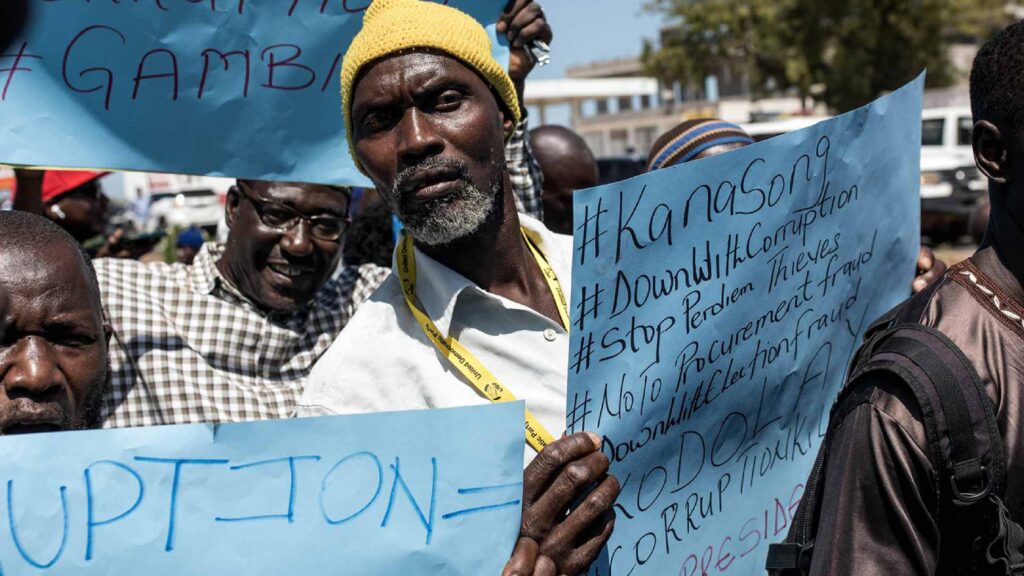1. A Generation Rising with Purpose
Across Africa, the youth are emerging as a powerful force for change. With over 60% of the continent’s population under the age of 25, their numbers alone give them immense influence. But beyond the statistics, this generation is bringing fresh energy, bold ideas, and a deep desire for a more just and transparent system of governance. From campus debates to digital platforms, young people are challenging outdated political structures and insisting on accountability.
2. Digital Platforms as Tools of Democracy
The internet and social media have given African youth a unique advantage that previous generations lacked. Twitter, Facebook, and TikTok are no longer just spaces for entertainment; they have become virtual parliaments where ideas are exchanged, leaders are questioned, and protests are organized. Campaigns such as #EndSARS in Nigeria or #FeesMustFall in South Africa show how quickly youth-led movements can spread, mobilizing millions within days. This digital activism is redefining how democracy is practiced and defended.
3. Struggles Against Old Systems
Despite their enthusiasm, young people face enormous challenges when confronting entrenched political systems. In many countries, older elites still dominate leadership, often dismissing youth voices as inexperienced or idealistic. Structural barriers such as high unemployment, corruption, and limited access to political parties make it difficult for young Africans to enter formal politics. Yet, this has not silenced them—instead, it has fueled alternative movements and community-driven initiatives outside traditional frameworks.
4. Inspiring Success Stories
The success of young leaders is gradually becoming more visible. From activists who transition into elected office to innovators using technology to promote transparency, African youth are proving their capabilities. Countries like Rwanda and Senegal have shown that when young leaders are given space to contribute, governance becomes more dynamic and responsive. These stories serve as proof that the future of democracy is not only in the hands of the youth—it is already being shaped by them.
5. The Path Forward
For democracy in Africa to thrive, it must embrace the potential of its youth. This means investing in quality education, expanding opportunities for civic engagement, and creating spaces where young people can influence decision-making. Governments, civil society, and the private sector all have a role to play in supporting this transformation. Ultimately, the democratic future of Africa depends on whether its young citizens can move from the sidelines to the center of power.




